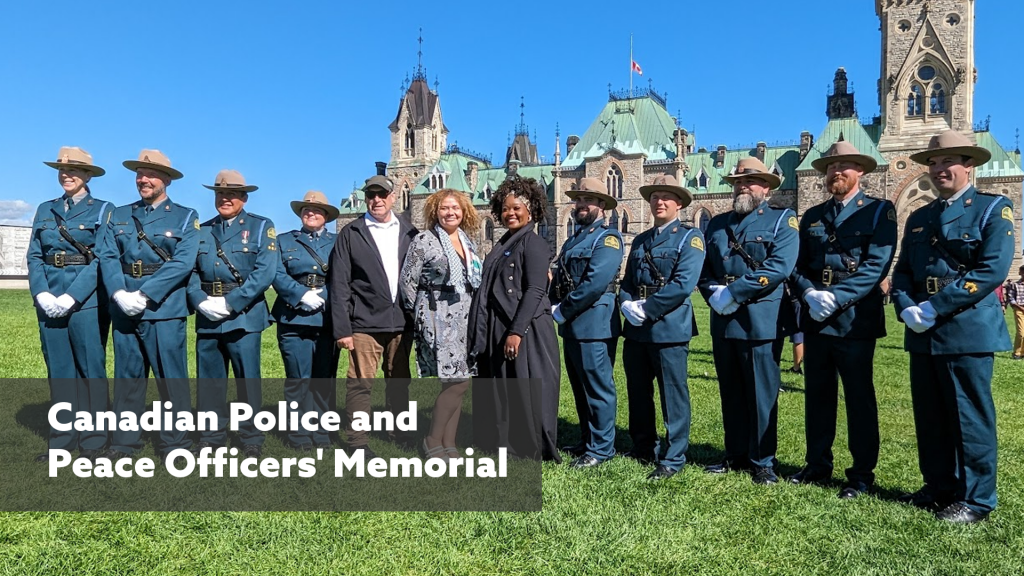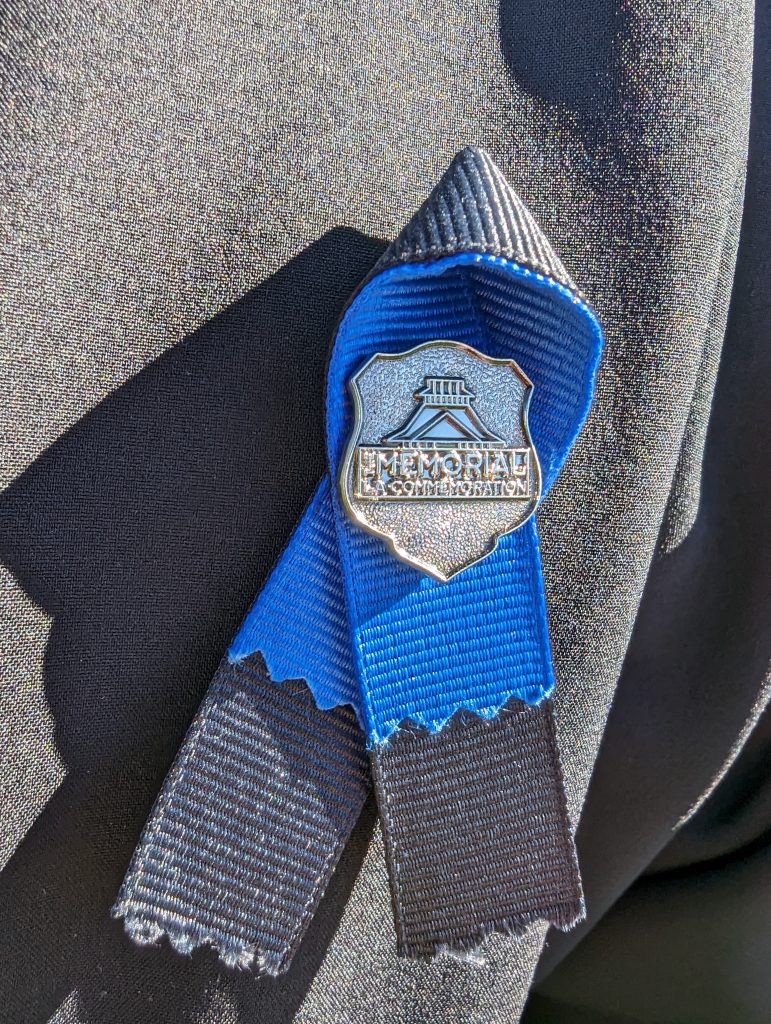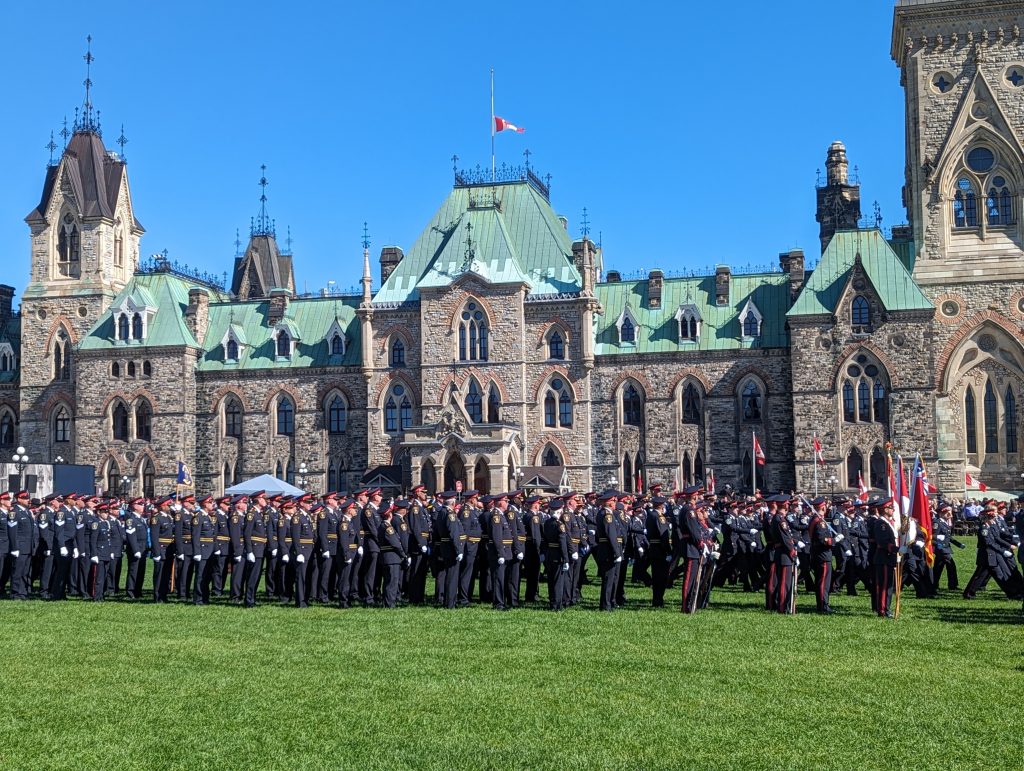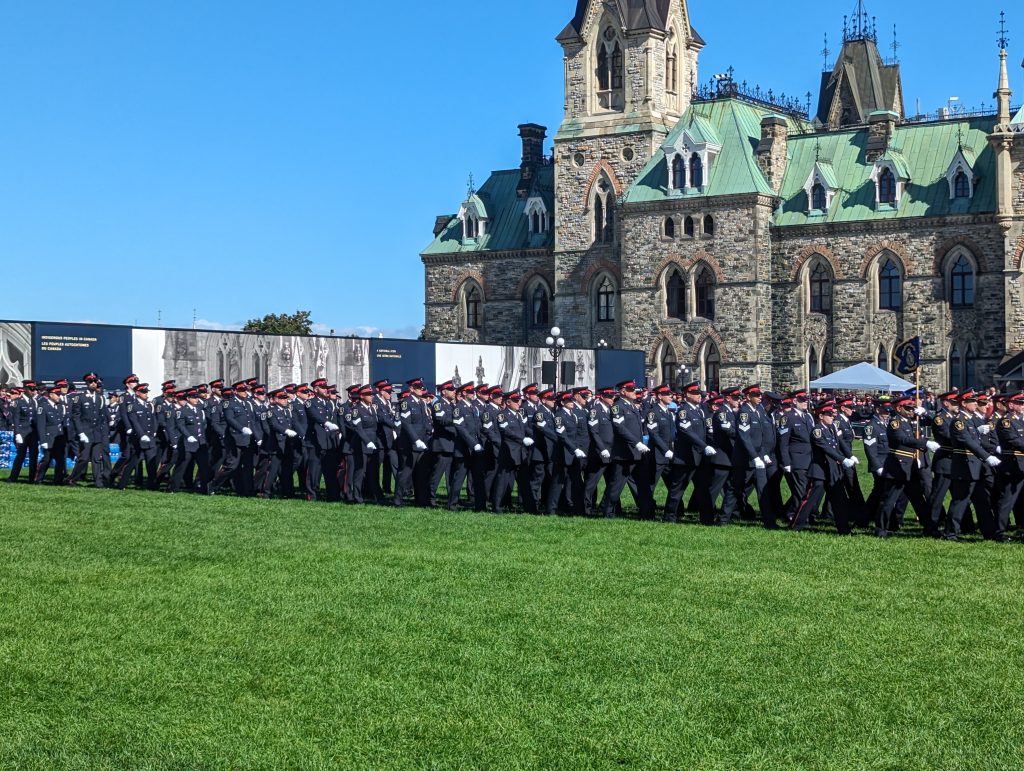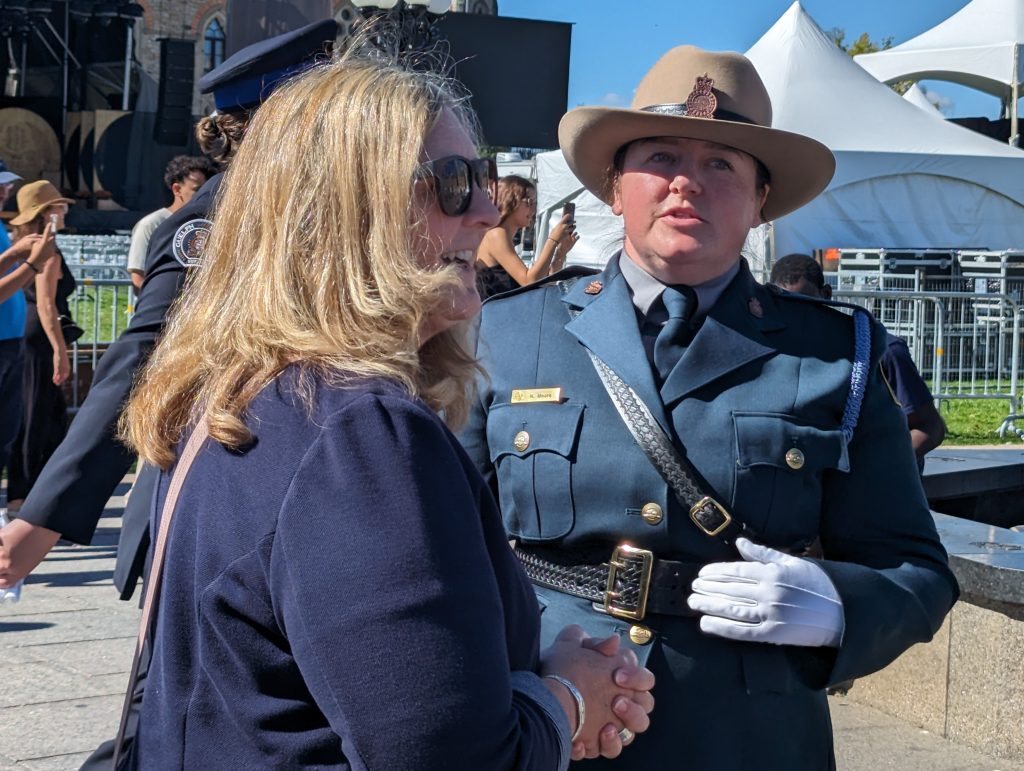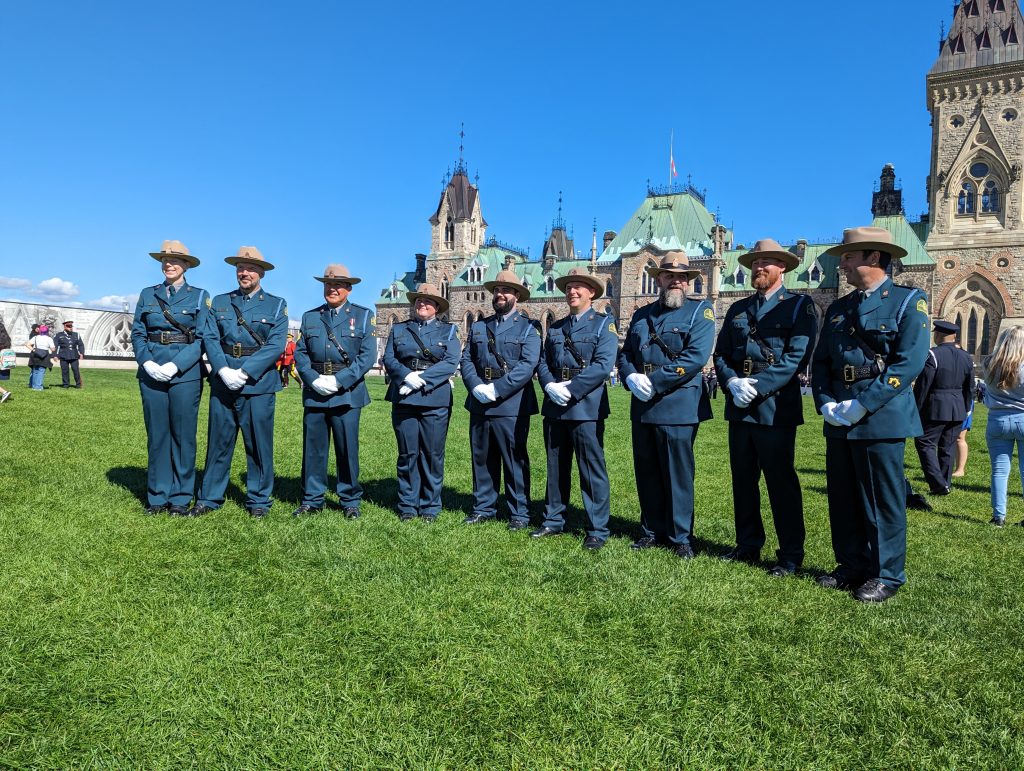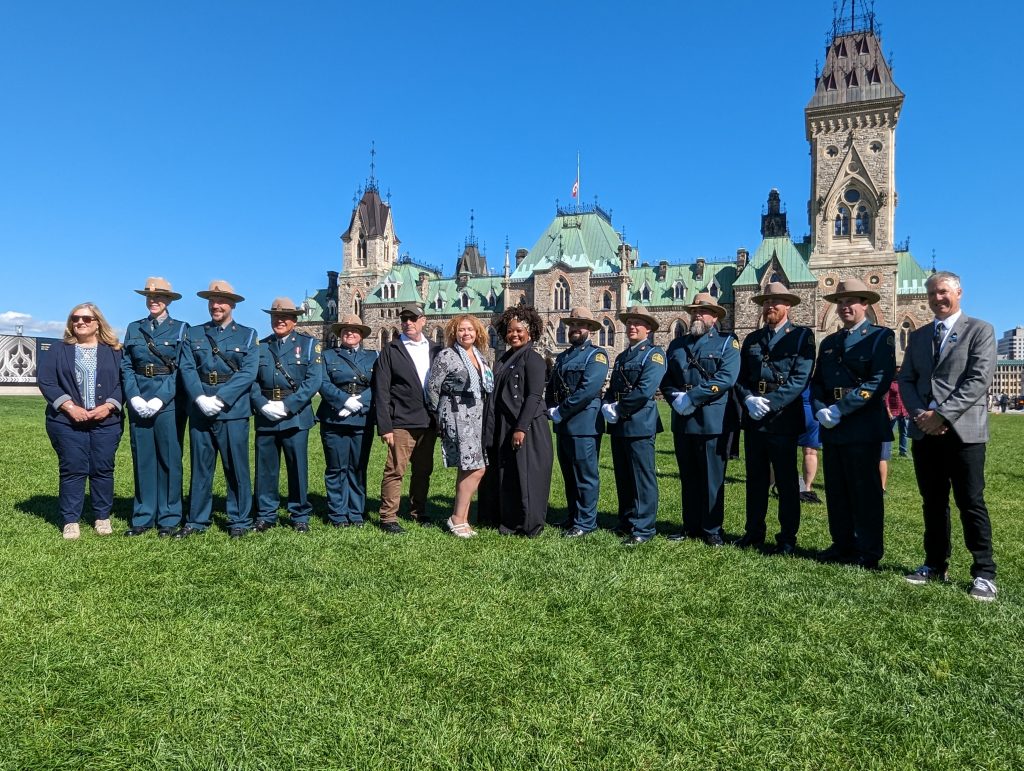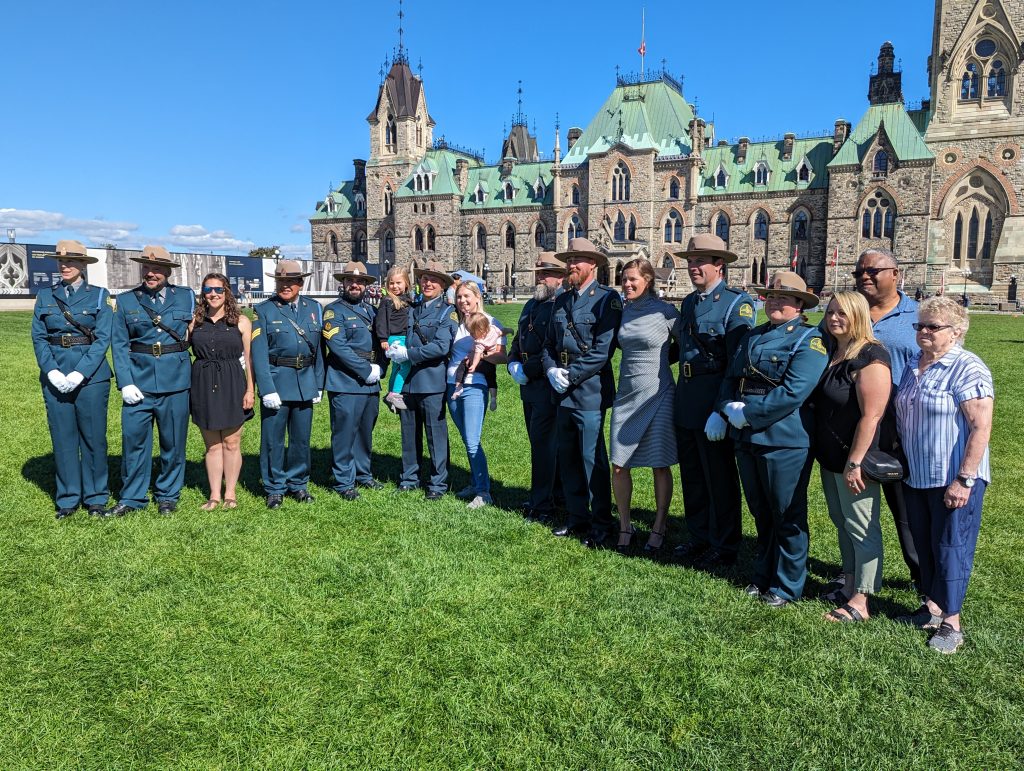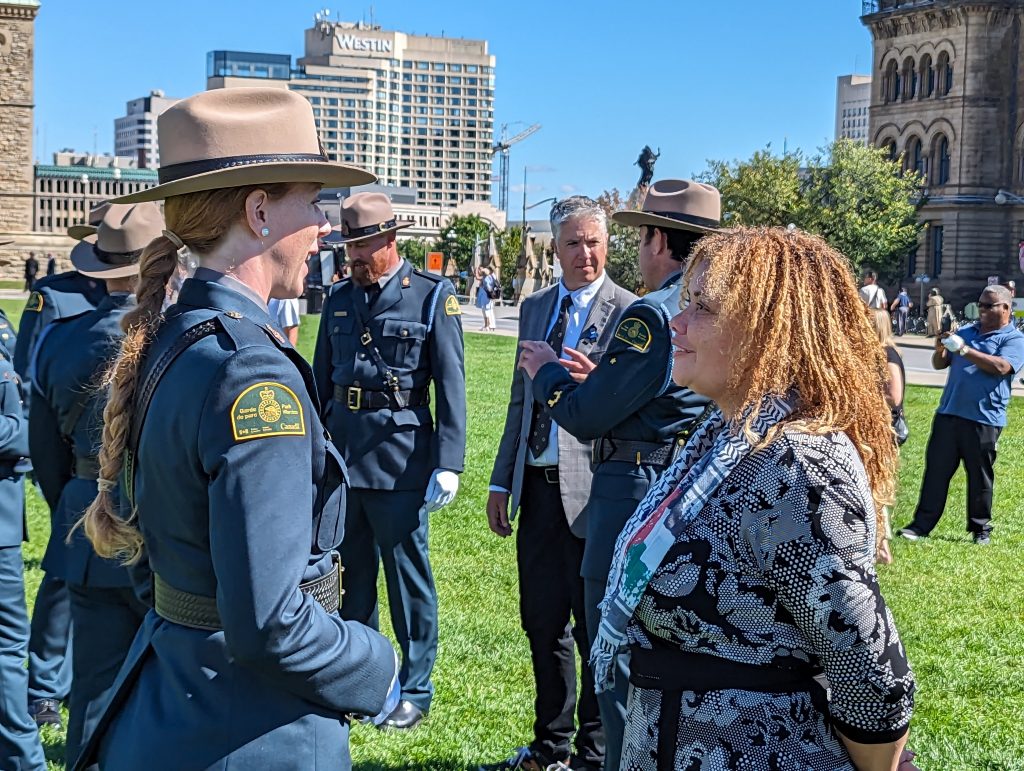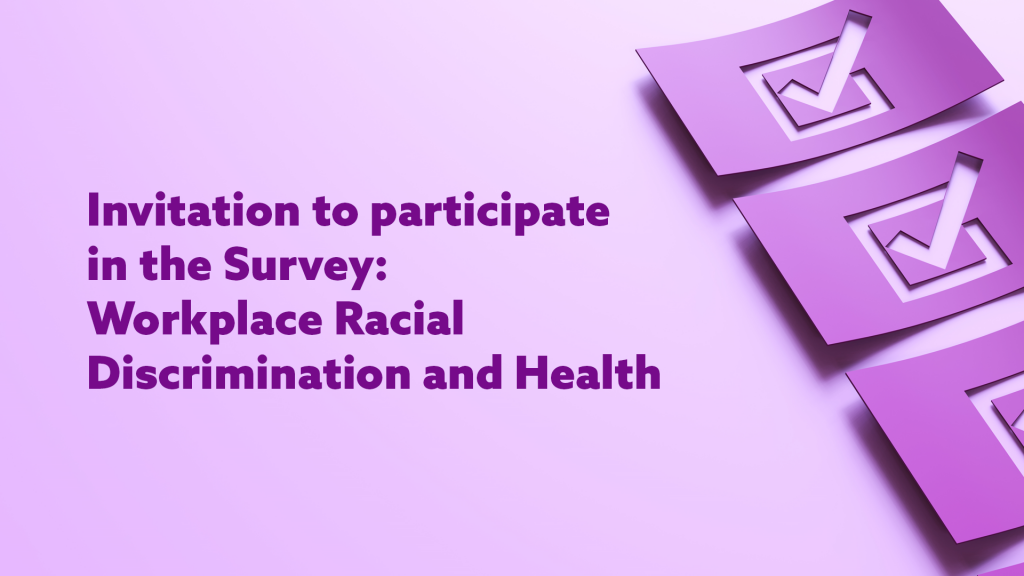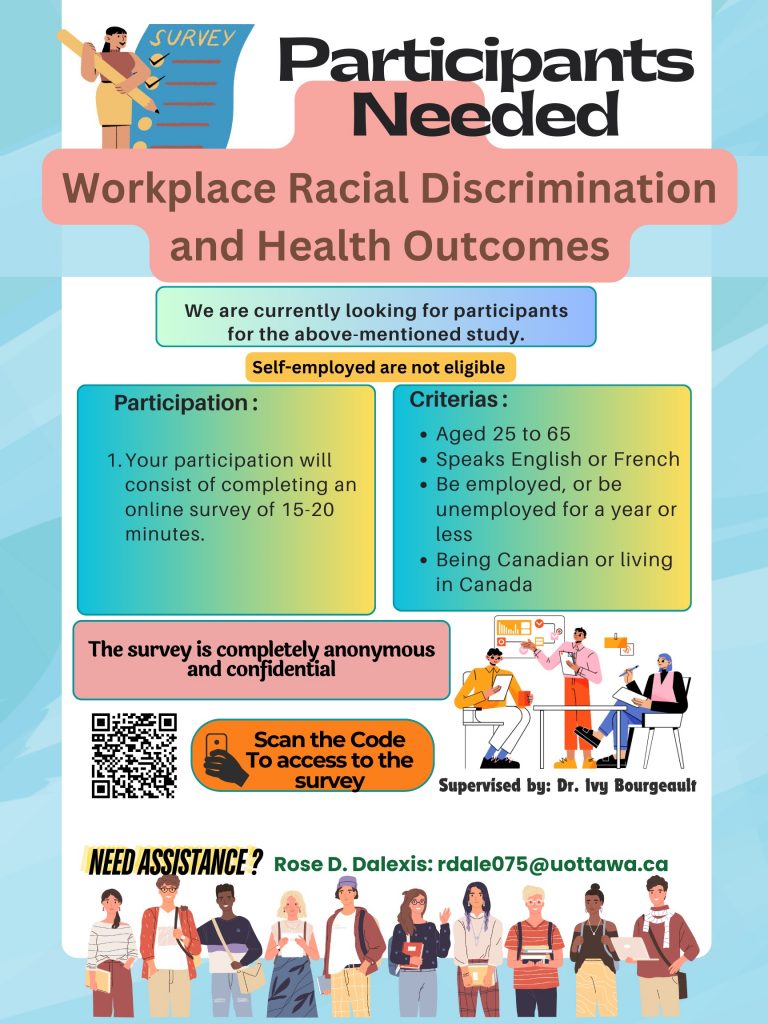
In recognition of the National Day for Truth and Reconciliation, PSAC is proud to introduce a new online course – Walking In Our Truth Together. This foundational truth-seeking online education program has been created for members to help support the pursuit of justice and reconciliation.
As a union committed to reconciliation, we aim to foster inclusive workplaces that reflect the unique lived experiences of Indigenous peoples. This course was inspired in part by several Calls to Action from the Truth and Reconciliation Commission, which urge governments and organizations to provide education on the history of Indigenous peoples. These include the history and legacy of residential schools, the United Nations Declaration on the Rights of Indigenous Peoples, Treaties and Indigenous rights, Indigenous law, and Indigenous–Crown relations. These crucial topics are all covered in the 10 modules planned for the course.
We invite you to sign up for the course and begin your learning journey today. The first module is available now, with additional modules to follow monthly. Each module can be completed at your own pace.
This virtual course is more than just an educational tool; it is a vital step towards understanding and addressing the injustices that have impacted – and continue to affect – Indigenous communities across Canada.
Every step we take together brings us closer to a more just and inclusive society. We all have a responsibility and a role to play on the path to reconciliation, whether it’s through education, training, advocacy, or simply listening with an open heart.
Let us move forward with open minds, reaffirm our commitment to reconciliation, and carry these lessons into our workplaces and daily lives.
Miigwitch,
Sharon DeSousa, PSAC National President, the PSAC National Indigenous People’s Circle.
Header image is from “Wisdom of the Universe,” a beautiful painting from award-winning Métis artist Christi Belcourt.
